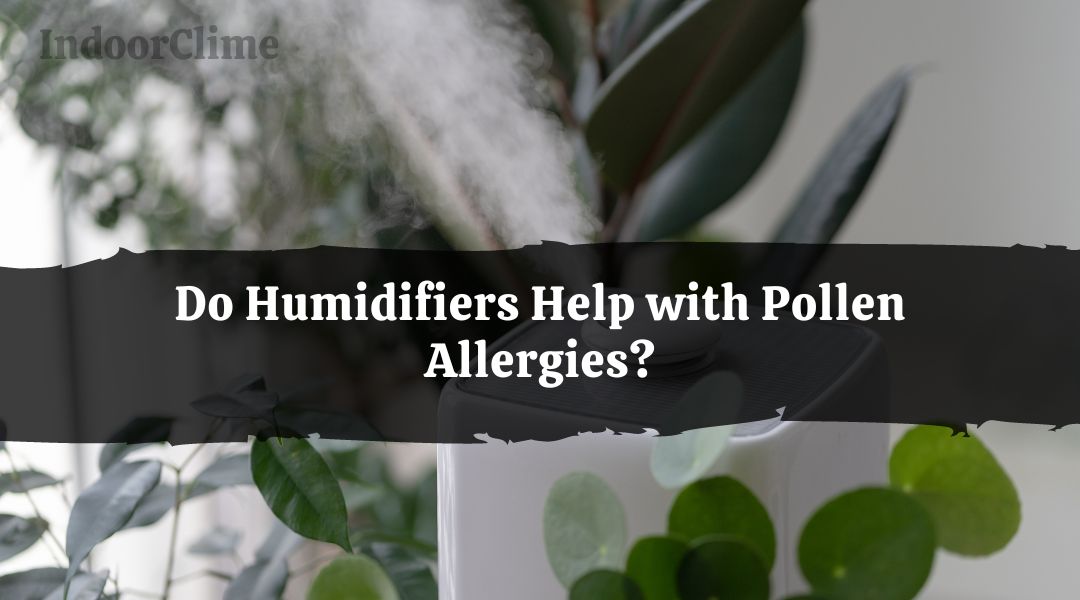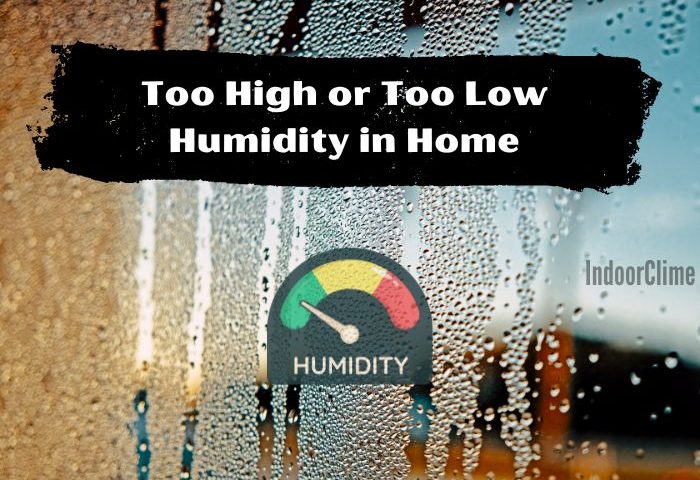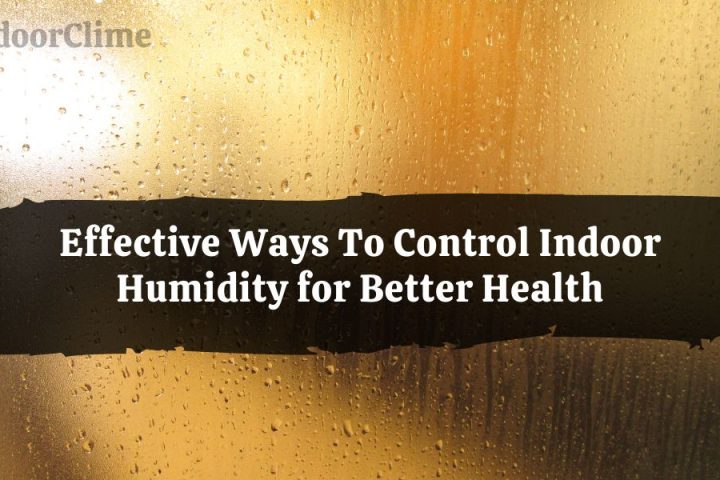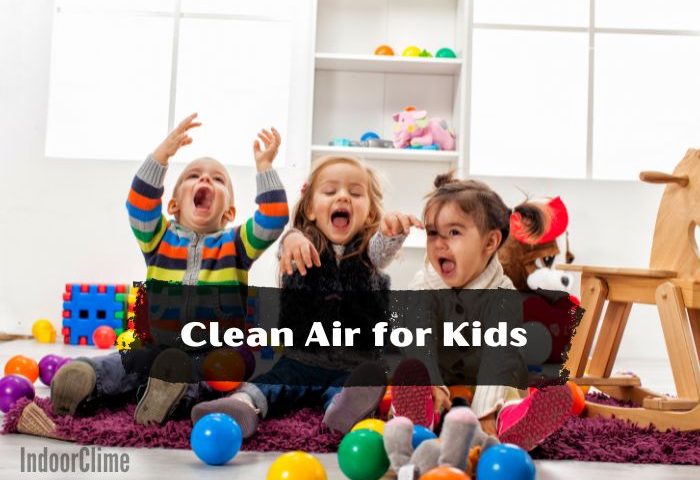Are you suffering from pollen allergies? We know how complicated life can get when you can’t breathe properly and have that horrible itching feeling in your nose each time the flowers bloom. Your eyes are watery and itchy, and you feel like the world is ending, right?
Besides eating allergy pills like candy (which sometimes don’t work), you can take a different approach. We are talking about humidifiers.
But remember that they can help you only while you are in your home (or office if you have one). Once you are outside, the “force field” is unfortunately off.
However, feeling relieved while in your home is a significant bonus when the allergy season kicks in. If you are in an area with eternal summer, having a safe zone means a lot, wouldn’t you agree?
So, how do humidifiers help with pollen allergies? It’s not rocket science; it’s pretty simple, and here is what happens.
How Do Humidifiers Help With Pollen Allergies?
Being incredibly lightweight, pollen is easily carried through the air, and the slightest draft picks it up.
Naturally, once the season starts, it is everywhere, and there’s no way of stopping it. Unless you live in a vacuum-sealed home, that is…
However, this is what allows the humidifiers actually to help. Let me explain the advantages of humidifier use on allergies.
Once you turn on your humidifier and your home is adequately humidified (between 50% and 55%), the moisture in the air soaks the pollen. This makes it significantly heavier, and it’ falls.
So, as long as your indoor air is nicely moisturized, the pollen that managed to get in will not be able to fly. Thus, you won’t inhale it and have an allergic reaction.
However, to be safe, vacuum your home regularly so that when you are not using the humidifier, the pollen on the floor doesn’t get back up in the air again and dries up.
How Does Humidity Help Your Body?

Another advantage of having nicely humidified air is that it helps you fight allergy symptoms, nose running, congestion, and throat and sinus inflammation.
Moisturizing your nasal passages and sinus cavities means the mucus that otherwise irritates you and creates dreadful congestion can’t “stick around” because the “slippery terrain” slips out.
In other words, besides helping you with the pollen, humidifiers and properly humidified air in your home help you breathe much easier and better and recover from the symptoms much faster.
Bonuses?
Humidifiers offer one great bonus besides helping with breathing issues: skincare during the winter.
Have you noticed that your skin becomes dry when winter starts, and the heating kicks in?
And no matter how much cream you use, your skin isn’t moisturized enough.
That’s because the cold winter dries up the air, and when it enters your home where the heating systems are working, it gets even drier.
So, this dry air acts like a sponge and literally “sucks up” the moisture from your skin, leaving it dry and unhealthy.
But, if you add humidity to your home air, your skin will be hydrated and much healthier. Also, humidifiers treat certain skin conditions like chronic dry skin and eczema.






